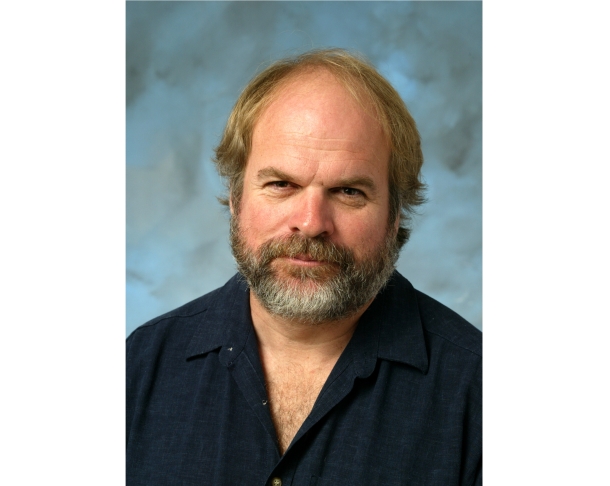The food and beverage industry will hit a key inflection point in just six years that will force processing facilities to transform the way they operate, according to a global energy management expert.
Tim Sowell, vice president of software strategy at Schneider Electric, (pictured below) says food companies are already struggling to stay on top of their operational data, with most production lines and products now moving faster than the information being received about them.

“You may need to deliver and track your product transparently through multiple sites, and at the same time you have a massive increase in product variety and you’ve also got this increase in velocity of the products going through production line,” he says.
“Yet end-to-end reporting happens at best on a daily basis, but most commonly, just once a month, and is not evolving at the same speed as production.”
In the next six years, Sowell says, the level of complexity in solutions will ramp up significantly, due the agility required to satisfy the market with the right product at the right time, location and price. And just when companies need an experienced and stable workforce, a major operational transformation in experience and operational culture will occur.
This is due to the aging workforce and transfer to Gen Y, according to Sowell. Currently, most plants have had 20 years of operational people being stable in their jobs, so their plants are designed according to the assumption that the workforce is experienced.
Within six years, however, Gen Y will comprise 42 per cent of the workforce, and this generation of workers is expected to have six careers each – or 20 or 30 jobs.
“So in a short time, companies will be moving from a stable workforce with experience, to an unstable rotating workforce without experience,” Sowell says.
The evolution of increasingly disparate computer operating systems will further rock the boat. Until quite recently, Sowell says, nine out of ten people used Windows-based operating systems, but today the figure is closer to one in three.
“So you have a 60 per cent drop in experience, as you transition from guy who is retiring to a 26 year-old who is in charge of all of the company’s systems across the world. His philosophy is completely and utterly different. He expects to search, and he expects systems to have their own diagnostics.”
“The challenge here is that we now have to assume we have to deliver content to different people in different formats on different devices.”
Sowell says it therefore makes sense to use a natural language query to access plant information. The systems will also need natural situational awareness, like a GPS has relative to a car's position and upcoming traffic situation: it is aware of what’s happening and can provide the best operating practice to work around it.
In order to do this, he says, manufacturers will need to adopt a new set of standards and technologies to enable the creation of more collaborative systems.
“It’s not just a matter of upgrading your existing systems. The way your plant will operate in 2020 or 2025 will have to change. You’ll need to picture a day in the life of your people and their skills sets and use that as your definition of what you are going to design,” says Sowell.
“This inflection point will be the biggest change in our industry in 20 years, and we need to gain access to that information and we need to be able to collaborate, and we need to make use of experts.”
Sowell was one of four senior experts from around the world to present on manufacturing improvement at the SmartFood forum, which was recently hosted by Schneider Electric and its partner company, Process Partners.
Schneider’s Food & Beverage segment president, Carola Puusteli, also spoke at the Forum. She described Schneider’s vision for an energy positive food facility, and she also outlined some new solutions the company is creating to cut energy use in the manufacturing industry by as much as 30 per cent.
One of these is a new clean-in-place (CIP) optimisation assessment and improvement service for the food and beverage industry, which is an area that can represent a major energy drain for many companies.
The service, delivered in partnership in Australia with Process Partners, provides an assessment on the CIP’s energy usage, process automation and the CIP equipment to boost cleaning performance, provide “proof of clean”, traceability, ensure key parameters are managed and to satisfy food safety requirements.
Puusteli recently told Food & Drink Business that with this type of solution, Schneider Electric aims to contribute to a world where the food and beverage industry produces better food for more people while at the same time preserving the world’s common resources.
Watch the interview with Schneider’s Food & Beverage segment president, Carola Puusteli, here:







